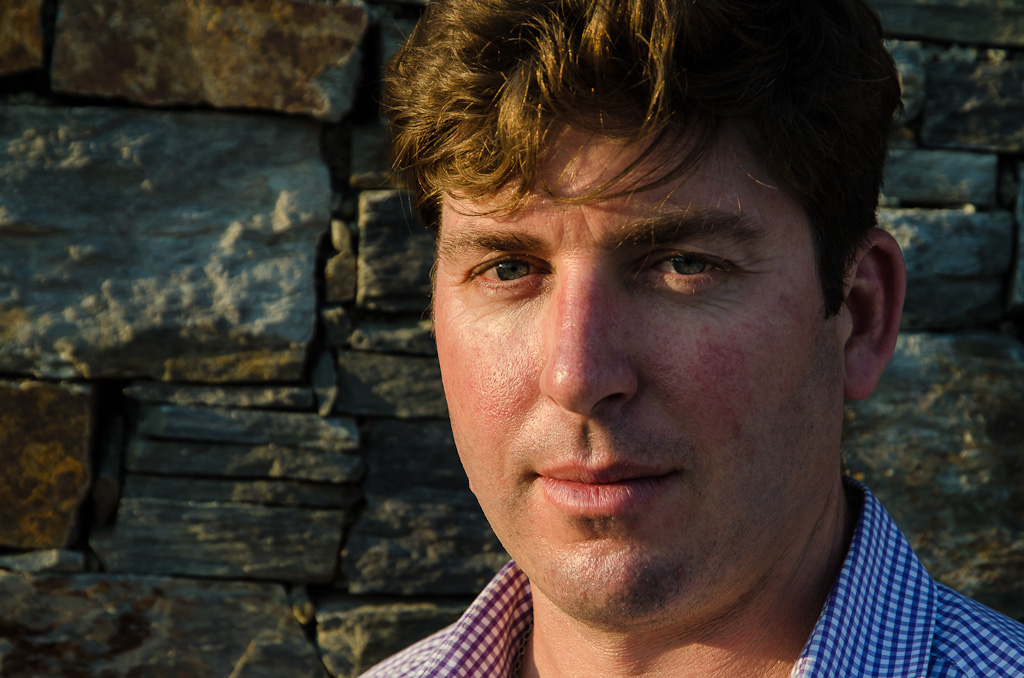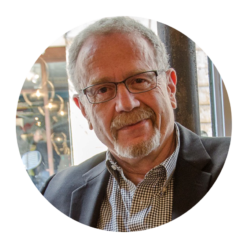The guy from Napa is big in Maury. He owns 108 hectares (238 acres) of vineyards and a large state-of-the-art winery where he makes big powerful wines for the American market. He made his name in the US with The Prisoner, a zinfandel-based blend that grew from the initial 385 cases to 70,000 when he sold the label and inventory to Huneeus Vintners in 2009.

When I asked Phinney to what he attributed the success of the Prisoner he replied:
“Good winemaking.” He smiled and added: “Of course we were in the right time and the right place and it wasn’t an overnight success. It took 10 years to really establish the brand, but if you have the right wine, at the right price, in the right package, it will sell.”
When I said it really sounded like a triumph of marketing, he said: “I’m not interested in that. I want to make the best wine I can and if I do the rest will take care of itself.”
This is the message and he’s very disciplined in sticking to it with only slight variations. He’s in Maury because of the amazing potential of this terroir. He’s intent on making the best wine he can by respecting the terroir and, is confident that in the long run it will be profitable.
Here, he’s applying his opulent, concentrated, high alcohol style to the old vine grenache that dominates the vineyards to make wine for the American market. The initial label, D66, has now been joined by Shatter, a wine made from vineyards farmed by members of the Cave Cooperative. Phinney and his team selected and managed the vineyards and invested in a renovation of some coop facilities. They then purchased the wine from the coop, bottled it here and sell it in the US in a joint venture with Joel Gott and Trinchero Family Estates. Not your typical negociant deal, but spread the numbers over sufficient volume and the profit potential comes into focus.
Talking with Phinney he seems almost uninterested in the business end of the business, but his success would seem to belie that image. He came to Maury because the vines, soil and climate promised the right conditions to make wine in the style he prefers. And it didn’t hurt that the land prices here are like a rounding error in California. He bought vineyards that were going to be torn out because the families that owned them could no longer work them and certainly that eased the retirement of some residents. The village government was more than happy to welcome him, but rapid expansion in a place where change is usually slow to come, makes some people uneasy. Whether it’s jealousy or foresight remains to be seen. His Maury property and production are growing rapidly and new ventures have been launched in Spain and Italy with more locations to follow. But ask him about the business or marketing side of wine and he’ll respond: “Respect the terroir, make the best wine you can, and the economics will follow.”
I felt like a reporter at a political convention: stay on message Dave.


What do you really think? And is it politic to say?